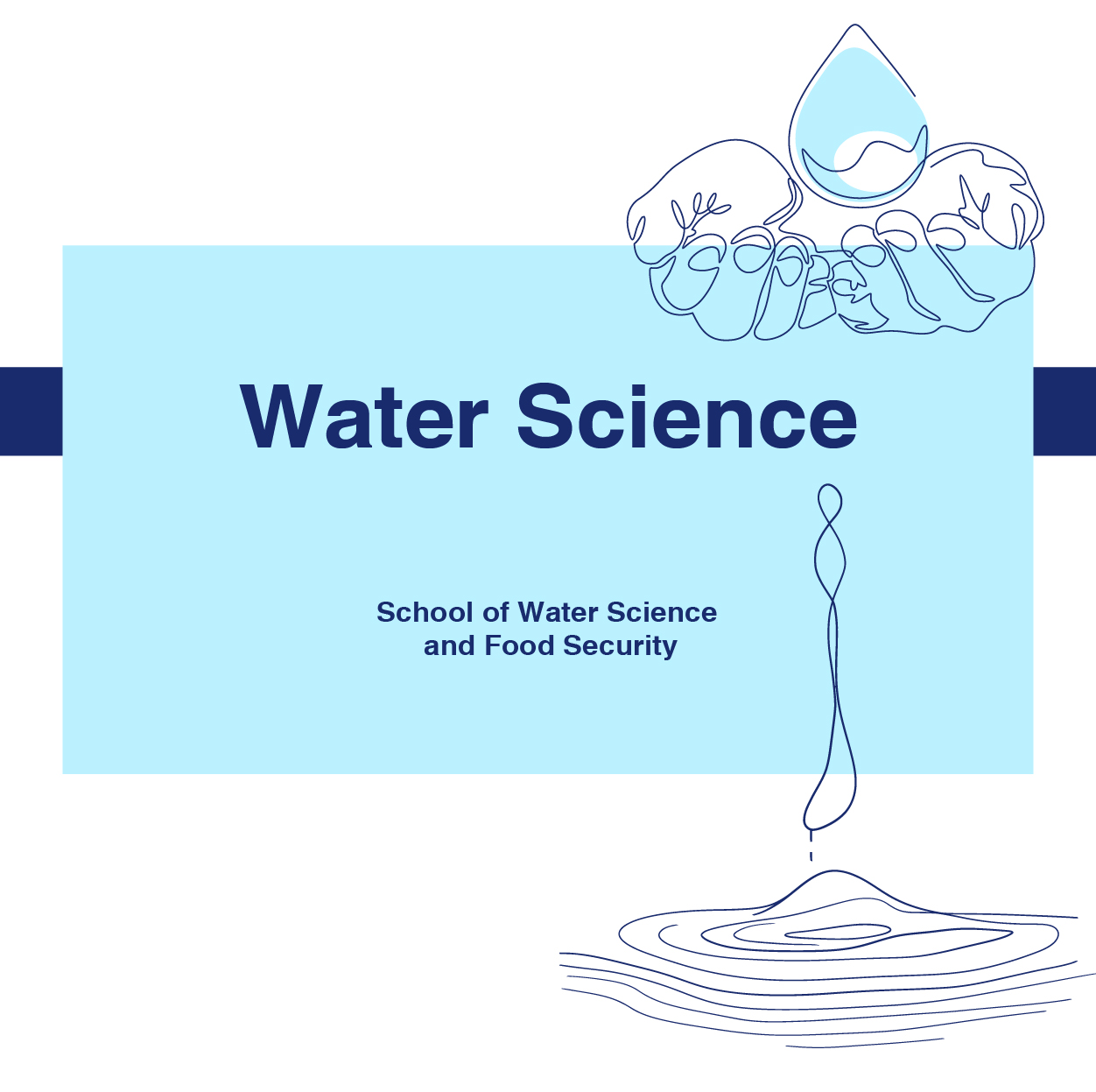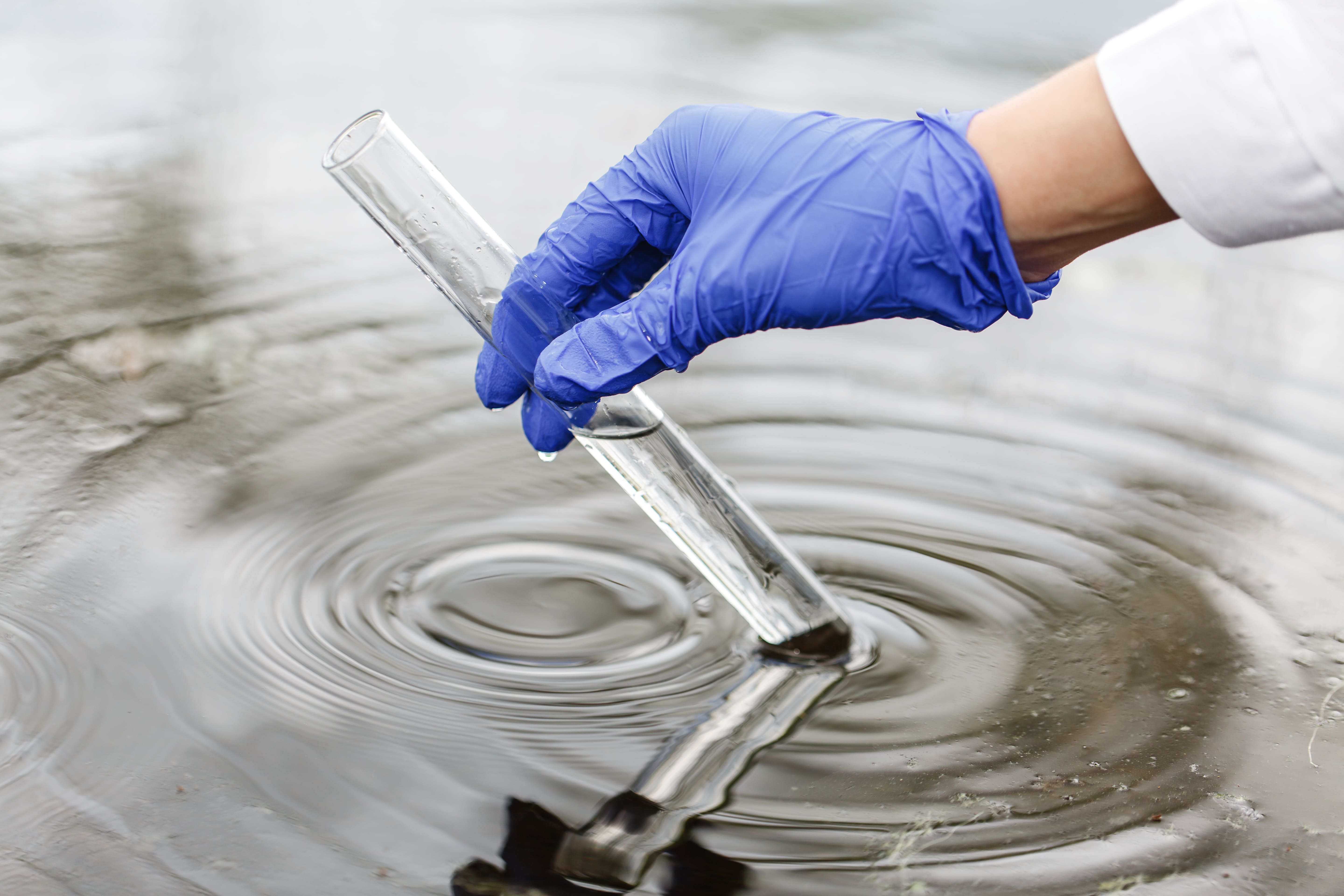
Water Science
About the Program:
In this program, students will have the opportunity to develop and understand the relationship between water, public health, water needs, and the optimal use of water. They will also explore the scientific, technical, administrative, political, and regulatory factors that affect not only water resources but also their sustainability.
Mission of the Program:
Prepare highly qualified water professionals, in the scientific, technical, and research fields who can develop water, land and soil management strategies that fit with the realities in their geographical context, and are based on technical, biophysical and socio-economic findings/evidence. The graduate should be qualified to work in the realm of water science and possess the ability to actively engage in the social fabric at the national and international level. Furthermore, to provide graduates with exceptional skills in conducting scientific research and executing applied projects.

